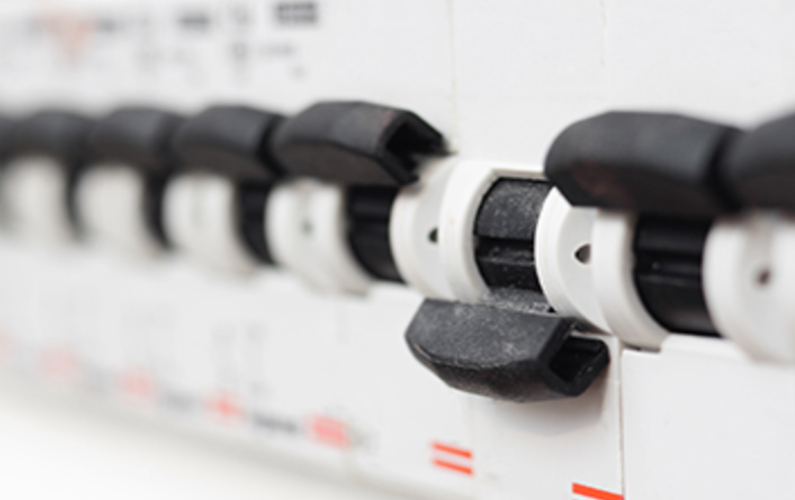The Buying Guide to Hour Meters
Hour meters are essential devices used to measure the operating hours of machines, engines, and equipment. These devices play a critical role in maintenance schedules, helping users keep track of usage and schedule timely servicing. Whether for industrial or recreational purposes, selecting the right hour meter is crucial to ensure accurate data recording and optimal performance. This buying guide will explore the key factors to consider when purchasing an hour meter, enabling buyers to make informed choices that align with their specific needs.
Type of Hour Meter
Hour meters come in different types, each catering to specific applications. The primary types include:
- Mechanical Hour Meters
These are the traditional, analog-style hour meters that use mechanical gears and dials to display hours. They are rugged, durable, and suitable for applications with harsh environments and vibration.
- Digital Hour Meters
Digital hour meters feature an LCD or LED display and use electronic components to record and display hours. They offer higher accuracy, versatility, and additional features like reset functionality and maintenance reminders.
- Mounting Options
Hour meters come with various mounting options, and the choice depends on the application and available space. Common mounting options include surface mounting, panel mounting, and flush mounting. Consider the available installation space and the method that best suits the equipment or vehicle.
- Voltage Compatibility
Ensure that the selected hour meter is compatible with the voltage used in the equipment or system. Some hour meters are designed for specific voltage ranges, while others are more versatile and can operate within a broader voltage range.
- Accuracy and Resolution
Accuracy is a critical factor in hour meters, especially for applications requiring precise monitoring. Digital hour meters generally offer higher accuracy than mechanical ones. Additionally, check the resolution of the hour meter, as higher resolution allows for more precise tracking of operating hours.
- Environmental Conditions
Consider the environmental conditions in which the hour meter will operate. If the equipment is exposed to extreme temperatures, moisture, dust, or vibrations, opt for a rugged and weather-resistant hour meter that can withstand such conditions.
- Additional Features
Modern digital hour meters may come with a variety of additional features, such as maintenance reminders, service interval tracking, battery voltage monitoring, and engine RPM display. Evaluate which features are essential for your application and select an hour meter that meets those requirements.
- Certification and Standards
Ensure that the hour meter meets industry standards and certifications, particularly for applications where regulatory compliance is necessary. Look for certifications like CE, RoHS, or UL, which indicate that the product has been tested and approved for safety and performance.
- Brand Reputation and Warranty
Choose hour meters from reputable brands known for their reliability and quality. Reading customer reviews and seeking recommendations can help in assessing the brand’s reputation. Additionally, check the warranty offered by the manufacturer to secure your purchase and address any potential issues that may arise.
Conclusion
When it comes to purchasing an hour meter, Tosunlux stands out as a reliable and innovative brand that offers exceptional solutions for industrial and recreational applications. With their commitment to precision engineering and cutting-edge technology, Tosunlux hour meters provide users with accurate and reliable monitoring of operating hours, ensuring timely maintenance and optimal performance of equipment and machinery.
Tel: +86-577-88671000
E-mail: ceo@tosun.com
Skype: tosunelectric
Wechat: +86-139 6881 9286
WhatsApp: +86-139 0587 7291
Address: Room No.1001 Wenzhou Fortune Center,Station Road, Wenzhou, China
REQUEST A QUOTE
WhatsApp us
 : +86-139 0587 7291
: +86-139 0587 7291 English
English Español
Español Русский
Русский Français
Français العربية
العربية Português do Brasil
Português do Brasil Українська
Українська Türkçe
Türkçe Polski
Polski Nederlands
Nederlands Italiano
Italiano Bahasa Indonesia
Bahasa Indonesia हिन्दी
हिन्दी اردو
اردو አማርኛ
አማርኛ Հայերեն
Հայերեն ไทย
ไทย Монгол
Монгол فارسی
فارسی Shqip
Shqip Ελληνικά
Ελληνικά



